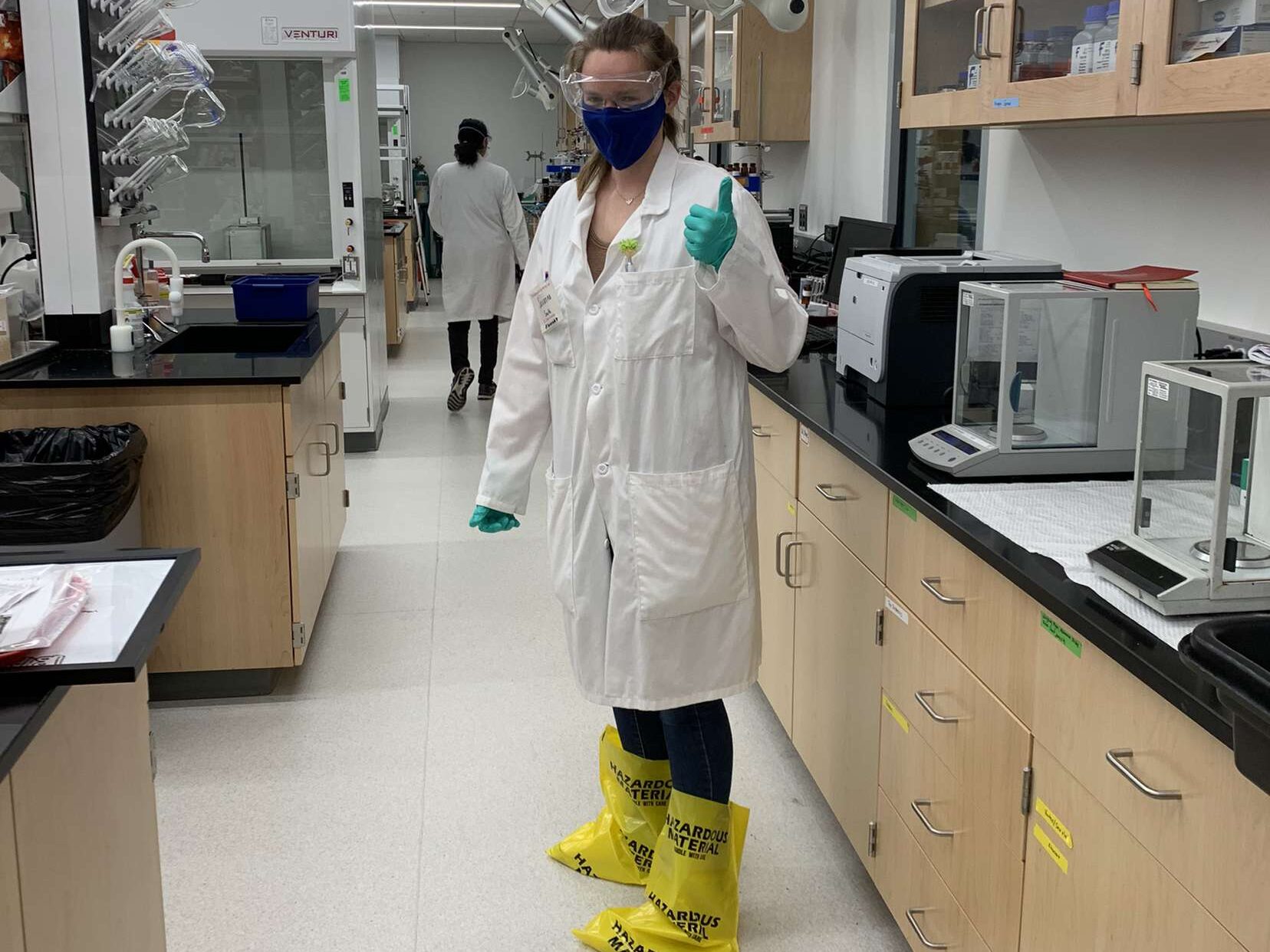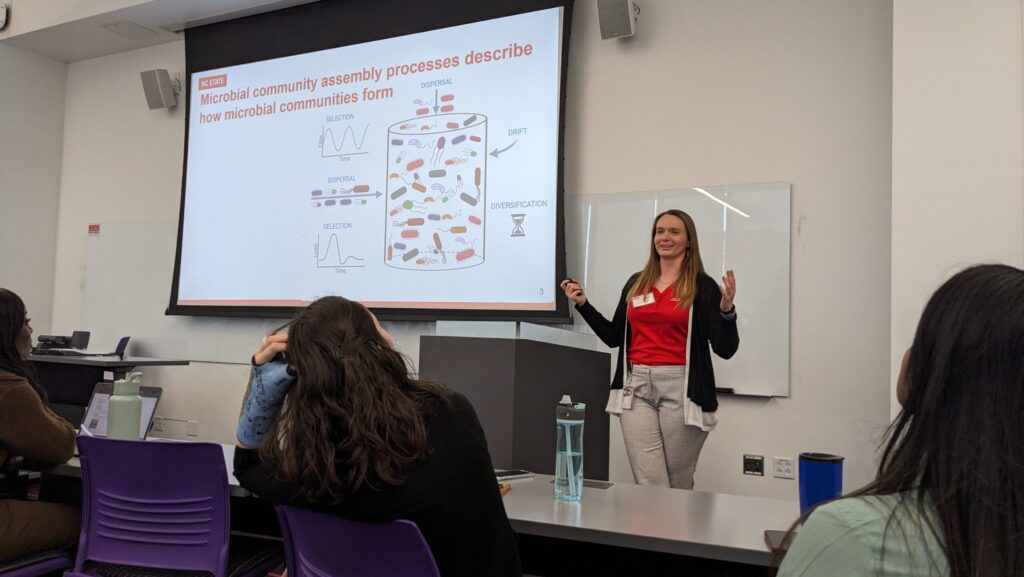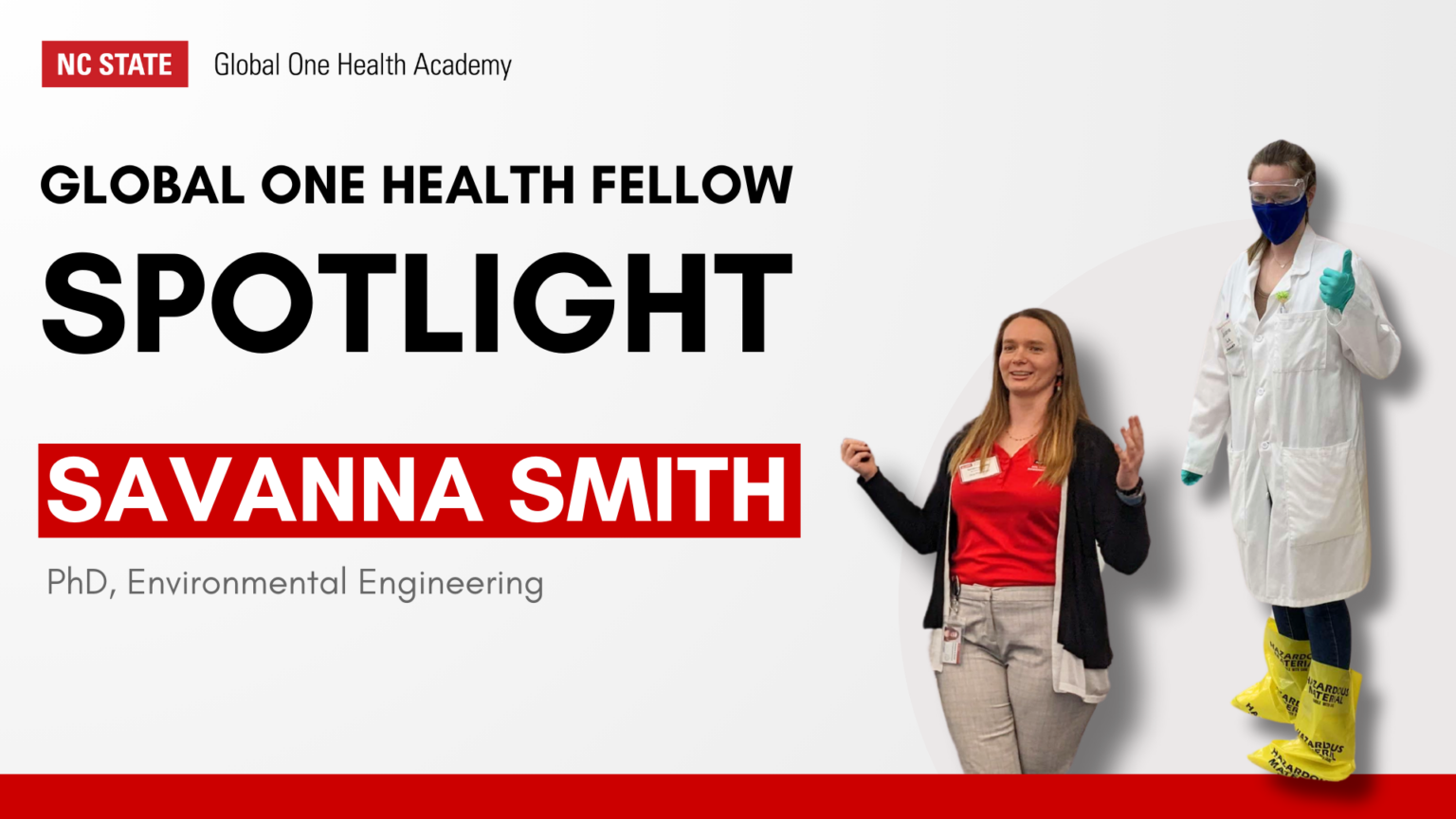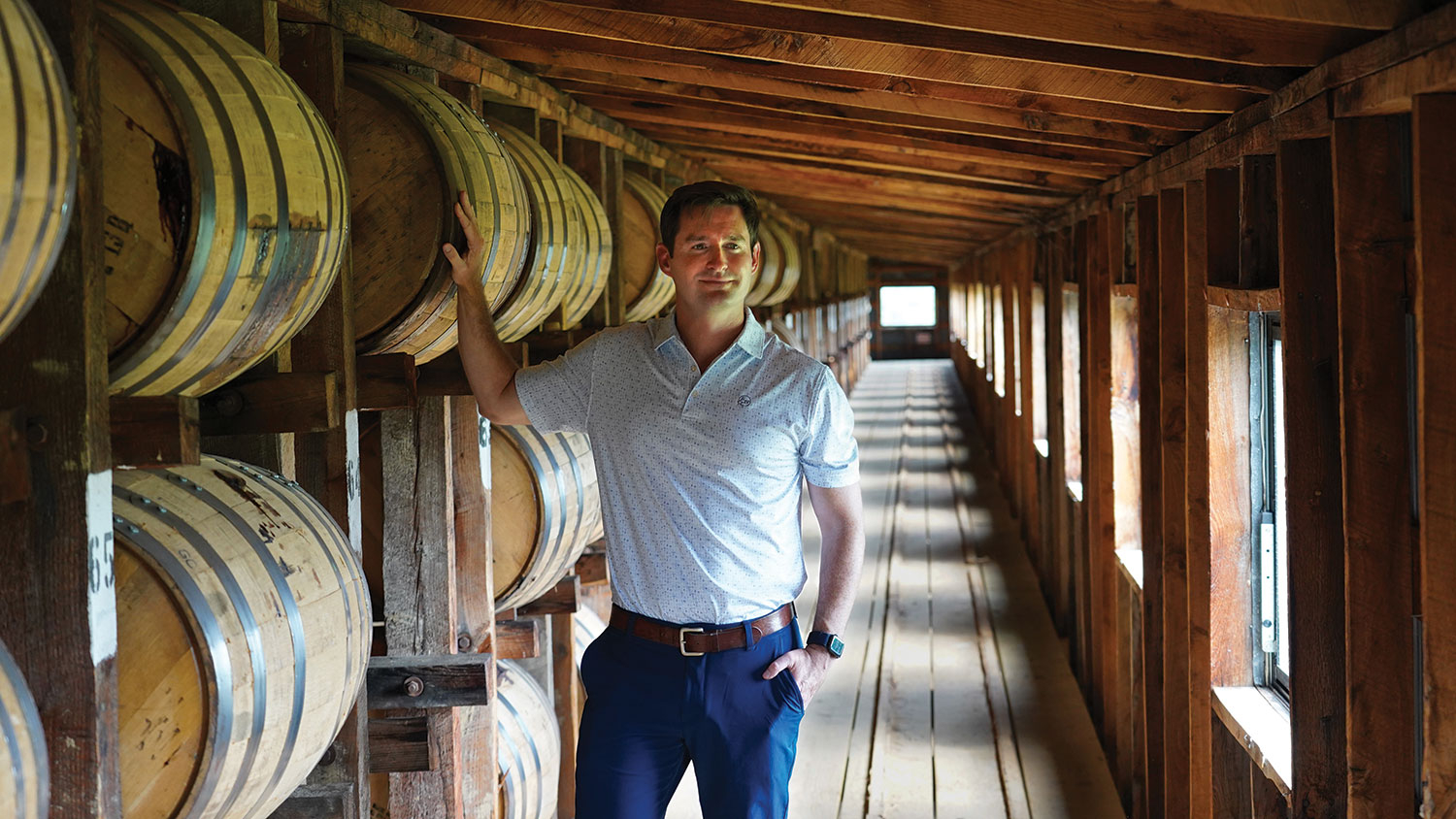Each year, the Global One Health Academy funds an exceptional group of graduate students with One Health related research interests. During their one-year appointment, the Global One Health Fellows are offered many opportunities, such as professional development workshops, networking with One Health professionals and more! Savanna Smith was a member of our first cohort of fellows, and now has successfully defended her PhD in Environmental Engineering. Learn more about Savanna in her spotlight below!
What do you research?
I study microbial communities and microbial community assembly processes in engineered bioreactors, working mostly in waste and wastewater treatment systems. My research addresses questions about how microbial communities form under different conditions.
What are the implications of your research, and how does it fit into the One Health framework?
My research has implications for our universal needs for sanitation and waste and wastewater treatment, at all global scales. Our waste needs to go somewhere, and my research will help us with designing and operating waste treatment approaches to address these needs. This work is at the intersection of environmental health, human health, and animal health, making it a One Health problem. If we do not sufficiently treat our waste and wastewater, we’ll hurt the environment, people, and animals. All water is connected and we all live downstream of someone and upstream of someone else, so protecting our water health is key to protecting all health.

What/who inspired you to pursue this field of study?
I grew up in Hawaii and on the gulf coast of Texas, so water has always been a central part of my life. I also always had a particular interest in math and science. While in high school, I saw a documentary about water desalination, and then my math teacher introduced me to the field of engineering. I was excited to learn that I could have a career using math and science to help our global waters.
What do you view as a critical global challenge in One Health, and how could your discipline contribute to addressing it?
Since there are so many disciplines coming together to solve complex global problems, I view communication as a critical challenge in One Health. It’s necessary for us to approach these problems from our own disciplinary standpoints so that we can apply different areas of expertise, but if we can’t also communicate with people from different backgrounds then it won’t matter what solutions each discipline suggests. I view environmental engineering as a small example of this type of communication. We work with people from diverse backgrounds – chemistry, microbiology, modeling, math, public health, social sciences, public policy – to solve waste and wastewater treatment problems. I think continuing to work with people from other areas and expanding the ways we think about problems and solutions will contribute to addressing this challenge.
How has the Global One Health Fellowship helped shape your career trajectory?
The Global One Health Fellowship has introduced me to researchers from many different backgrounds who are also working on One Health challenges. It’s been fun and rewarding to exchange ideas with the other fellows and to discuss all sorts of topics with the Global One Health team. I’ve learned so much about different perspectives of One Health and about how to communicate with people.

What was your favorite part of the Global One Health Fellowship?
My favorite part of the Global One Health Fellowship was the seminar class. It was cool to learn about everyone’s research and how everyone’s backgrounds influence their views of One Health. I especially enjoyed the weeks when we gave suggestions to everyone about how different disciplines could be integrated in each person’s project(s), there were so many creative ideas.
What are your next steps?
I successfully defended my PhD this summer on “Microbial community analysis and assembly processes in engineered bioreactors” and next I will be joining Brown and Caldwell as a Wastewater Process Engineer in San Francisco, California. I’m excited to apply a One Health framework to wastewater process engineering problems.
This post was originally published in Global One Health Academy (GOHA).
- Categories:



